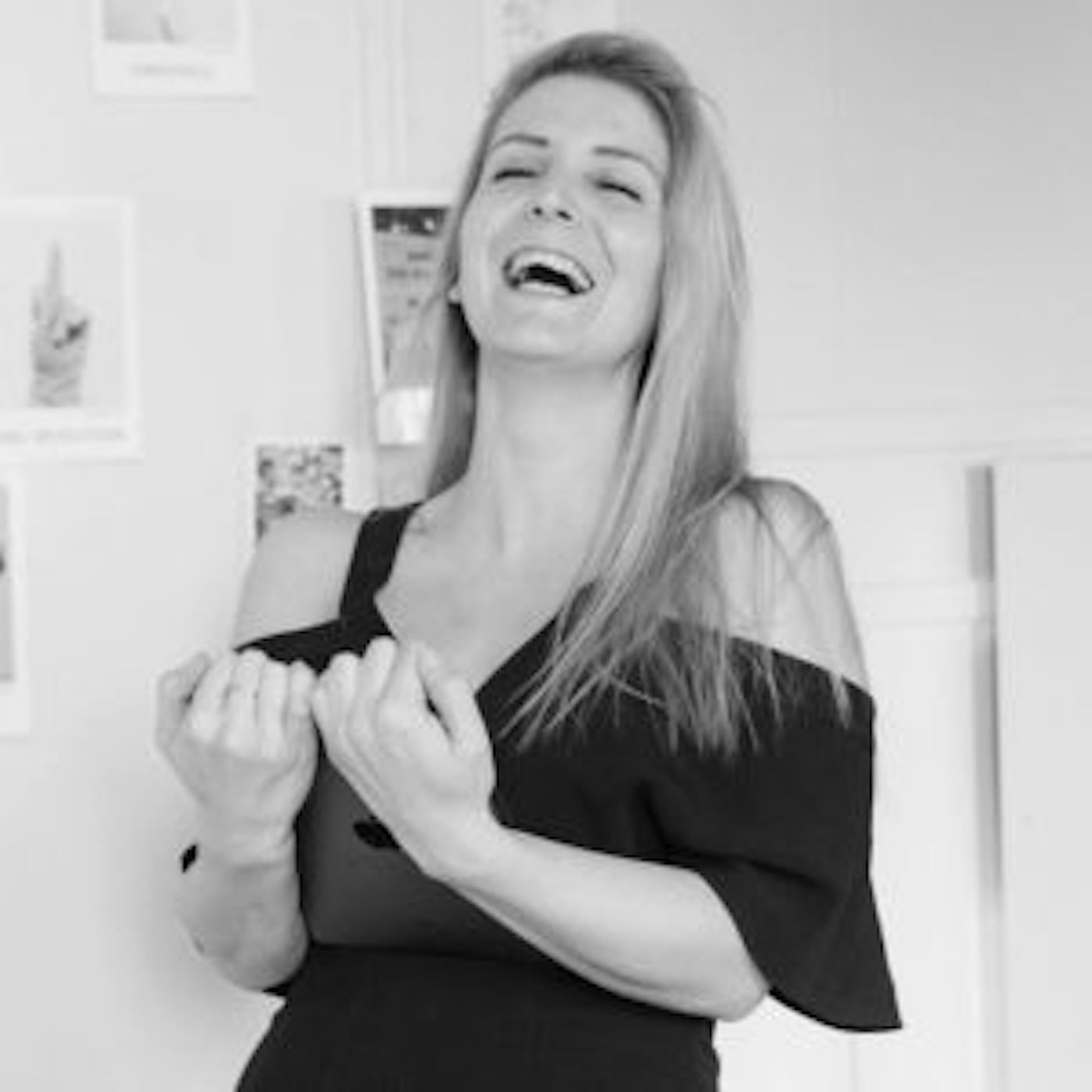
3K
Downloads
27
Episodes
Cultural Producer Jodi Rose invites creative people into the Transit Lounge to talk about life in perpetual motion and visions of the future. A series of internationally nomadic conversations about society, creativity & technology with makers, thinkers and doers. You never know who you'll meet in the Transit Lounge!
Episodes

Monday Jun 18, 2018
Cécile Cremer talks Mish-Mash Society at Login 2018
Monday Jun 18, 2018
Monday Jun 18, 2018
Cécile Cremer asks "where do we want to be tomorrow?" offers ideas on how to balance technology and humanity, and sketches her vision of the future in a more fluent, flexible & co-creative 2030.
Future + Education + Design + Society + Ethics + Innovation
Cécile Cremer
Trend & Innovation Expert at Wandering the Future
Cécile is a world-wandering Trend Expert and Concept Designer. Obsessed with the future, Cécile is connecting the dots to predict what’s coming and to act on innovation instantly. At her Trend & Innovation Agency, she’s collaborating with Volkswagen, Ministry of Education UAE, BNP Paribas, Internet & Mobility World, Deutsche Telekom, and other brands all around the globe.
[Edited Transcript]
CC: I gave a talk about a day in the life of 2030, so I sketched a vision of the future in 2030. How do people live, how do we work, how does our social life look how important is free time, leisure. All from a consumer trend level point of view, so which value shifts and which human needs are behind the changes we will have in the future?
JR: How will we be socialising, what form will work take?
CC: I think the biggest challenge is the fact that we have to balance technology and humanity, because those two are in competition with each other. But one of the most exciting things about the future is if we can find that good balance we can have a seamless life, less loss of time. I truly believe that time will be the new currency – free time. And we have more time to focus on our new skills, because a lot of our known skills will be gone. But it offers us the opportunity to have a personal search for what skills do we have that we do not know about, because we don't use them?
JR: You talk about how it's not a digital life but bringing something back into the real world.
CC: I couldn't talk about all the trends that I see and feel right now, but one trend I think is really important I call it 'blobbing.' It's the fact where we create our own bubbles, where we are not 100 % real. Digitalisation gives us the chance to create our own 'me' so I can be who I want to be, but we lose who we really are, so we make ourselves that perfect picture, and we see how others lead a perfect life, but it's only on social media. I hope and I see for the future that we start realising more and more that that is not who we really are, and we want to leave something behind when we leave this world again. And that focus is becoming bigger and bigger. Not 'how does my hair look in this picture/', but more like, what can I tell people that I've done this weekend, or that I contributed or that I made somebody happier.
JR I think that's so important, it's not this shiny, glossy idealised projection that you're putting out into the world, but actually it's some of the messy, gritty not really fully complete parts. That you're not always polished and lovely, part of being human and alive is that we have to be vulnerable with each other and show compassion and kindness towards each other. Because we're all learning and trying to make sense of it as we go along.
CC: I agree with you, and that is why I am also an entrepreneur – this is my fourth year now, and after my graduation I started my company straight away, and I also share that story. I think that vulnerability of showing that it's not always, only glamour, it's also finding yourself and looking if what you do is really contributing to what you want it to be, if your message is being heard. So I also share the struggles of entrepreneurial life, and also female entrepreneurial life - not to be pitied, but sometimes in this world of big corporates and innovations, that's also an extra challenge. If you have the right message that can contribute to something better in this world, just go for it! And it's going to be hard sometimes, but it's also going to be very cool and satisfying!
I brought one trend also today, it's called 'mish-mash society', because you get knowledge and skills and insights and points of view from different people, very diverse people – and I think that is the future. Merging different skills, different options together, instead of doing it alone, and opening up to for other points of view instead of saying 'this is what I think and this is how it's going to be'. Because in the end, nobody knows exactly how it's going to be. But I do believe that we have the strength and power to influence how tomorrow will look.
JR: I hope we do, I think everyone here is actively seeking out ways to shape the future that we are all going to be living in. How do we apply these ideas into the lives that we're living now, and how do we make choices about our work, or our social lives?
CC: I think the main answer is education. Because if you look at technology, the biggest fear of people is not knowing. And that's when a lot of fantasies grow big. On one hand it's educating people about what is really out there, and what are the possibilities? And one the other it's keeping the conversation alive, what do we want, how is it contributing to the quality of life, and IS it contributing to the quality of life? Always asking ourselves the question: “where do we want to be tomorrow?” So it's partly awareness but also being very critical about, what we are developing now, is it an answer to our instant gratification, or is it really answering a bigger issue, a really serious issue? And that is also something that is connected with the extreme consumerism we have these days, so it's quite the mind-shift we have to make, but I think it starts with education, because if people know more they can understand better.
CC: My vision is that we are going to be a more co-creative world, we are becoming more social in our own circles of trust. But we are realising more and more that one voice is not loud enough, so we are connecting more. I also believe that life is becoming more fluent, more flexible, so it's less static, so it offers more opportunities to really search for what is making me happy.
And I also still believe that technology is a tool to help some of the needs we have, to answer that in the current zeitgeist. I do not believe we will be a non-technology world. We have to decide better today than tomorrow, who we want to be in charge. I think we are at the point if we wait a little bit longer, there is no choice anymore. So I believe we will make the good choice, and we will chose humanity over technology.
TRANSIT LOUNGE RADIO @ LOGIN 2018
LOGIN 2018 – the first, largest, most uncompromising innovation bash in the Baltics. At LOGIN, the roadmap for INNOVATION is TECHNOLOGY x CREATIVITY x BUSINESS. Whether you’re a blockchain geek, a currencies philosopher or a sophisticated designer, if you believe your desk isn’t the only place where innovation happens – you must LOGIN!
Content isn’t everything. Context is everything.
Transit Lounge Radio brings you conversations from LOGIN 2018!
Hang out in the Transit Lounge on facebook
Reviews and stars on iTunes make us happy
Listen on the TLR YouTube Channel

No comments yet. Be the first to say something!